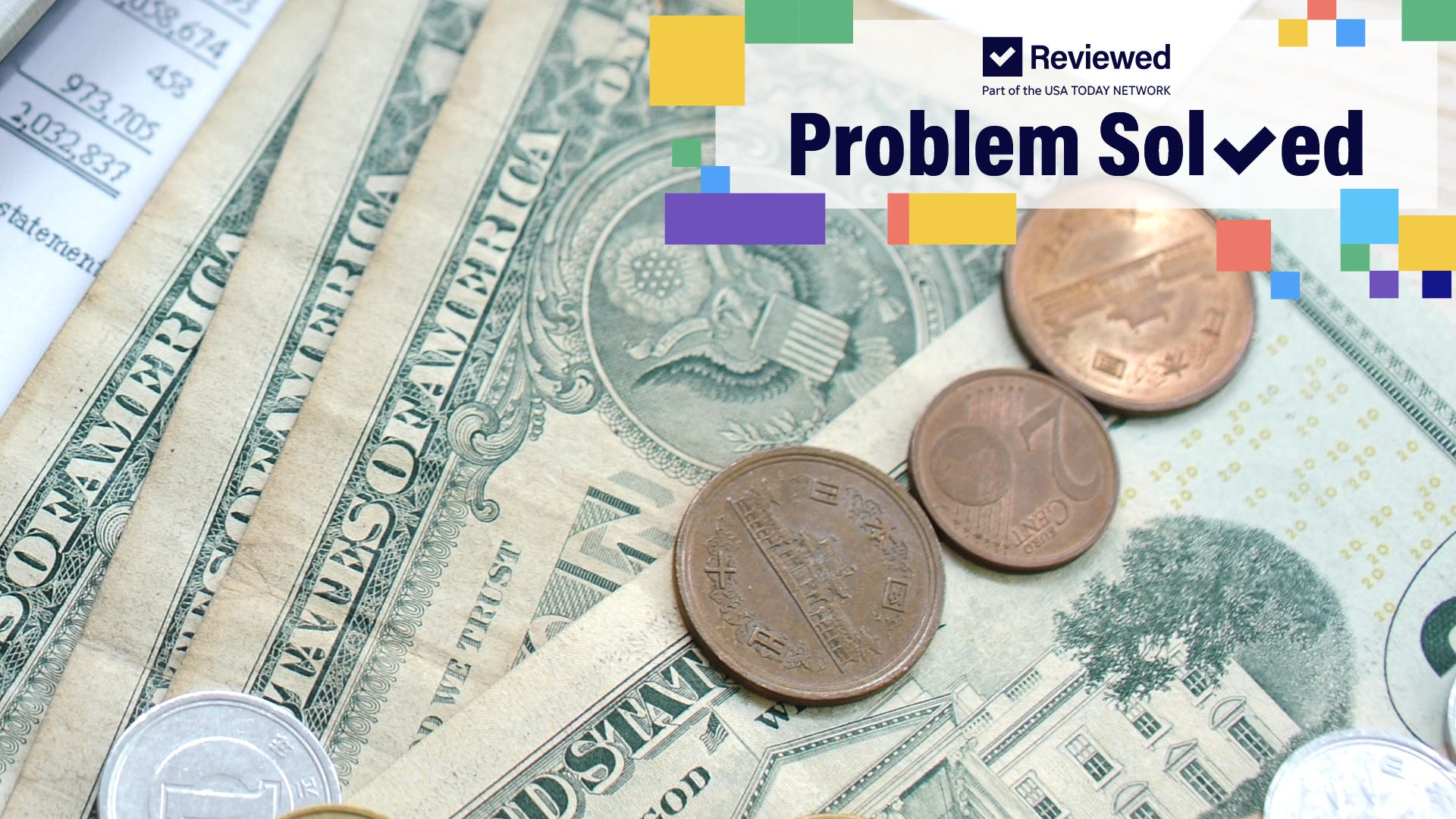Why you should never invest, loan or casually tap into your emergency fund
.

No matter your age, income level, or living situation, it's important to have a decent amount of money in savings for unforeseen expenses. In fact, ideally, you should have an emergency fund with enough money to cover three to six months of living costs. That way, if you lose your job – or if an unplanned bill, like a car or home repair falls in your lap – you won't have to resort to debt to manage that situation.
If you've already established your emergency fund, congratulations, you're in a good spot. But here are three things you should never do with that money.
1. Invest it
Investing money in things like stocks or cryptocurrency can be a good way to grow wealth over the long term. But when it comes to your emergency fund, the best place to put that cash is simple: the bank.
When you keep your money in a savings account, you're guaranteed to not lose any of your principal (the original amount you put in), assuming you don't sock away more than $250,000, thanks to the FDIC. When you invest your money, you could lose some or all of it if things don't work out in your favor. And that's a risk you can't afford to take with emergency savings.
2. Tap it needlessly
It's one thing to use your emergency fund when your car needs to be fixed or your water heater breaks and you need to come up with $2,000 on the spot for a replacement. But withdrawing money from that fund to cover a nonemergency, like a vacation or the purchase of new furniture, is a bad idea.
Tempting as it may be to access the cash you've worked hard to bank, if you deplete your emergency savings and then run into a big expense, you'll put yourself at risk of landing in debt – the one thing an emergency fund is designed to help you avoid. If you can't afford a non-urgent expense, try to put it on hold and save up for it separately.
► Get on that: 8 reasons to make an emergency fund a priority
3. Loan it out
When a friend or family member comes to you and asks for a loan, it can be difficult to turn that person down – especially if you're sitting on a bunch of cash in your bank account. But as noble as it is to want to help someone you care about, if you tap your emergency fund to give that person a loan, you may be left in the lurch if you encounter your own financial hiccup later. You're better off helping that friend or loved one seek out other borrowing options, like applying for a personal loan.
Building an emergency fund takes work. In fact, for some people, it can take years to save up three to six months of living expenses. If you've pulled off that feat, don't let it go to waste by using your savings for non-emergencies. Instead, avoid the above moves to ensure that your money is there for you when you truly need it.
Top credit card wipes out interest until 2023
Offer from the Motley Fool: If you have credit card debt, transferring it to this top balance transfer card secures you a 0% intro APR into 2023! Plus, you'll pay no annual fee. Those are just a few reasons why our experts rate this card as a top pick to help get control of your debt. Read our full review for free and apply in just 2 minutes.
We’re firm believers in the Golden Rule, which is why editorial opinions are ours alone and have not been previously reviewed, approved, or endorsed by included advertisers. The Ascent does not cover all offers on the market. Editorial content from The Ascent is separate from The Motley Fool editorial content and is created by a different analyst team.Ally is an advertising partner of The Ascent, a Motley Fool company. JPMorgan Chase is an advertising partner of The Ascent, a Motley Fool company. Maurie Backman has no position in any of the stocks mentioned. The Motley Fool has no position in any of the stocks mentioned. The Motley Fool has a disclosure policy.
The Motley Fool is a Paste BN content partner offering financial news, analysis and commentary designed to help people take control of their financial lives. Its content is produced independently of Paste BN.